AGGIE GREEN FUND  TEXAS A&M UNIVERSITY
TEXAS A&M UNIVERSITY
AGGIE GREEN FUND  TEXAS A&M UNIVERSITY
TEXAS A&M UNIVERSITY
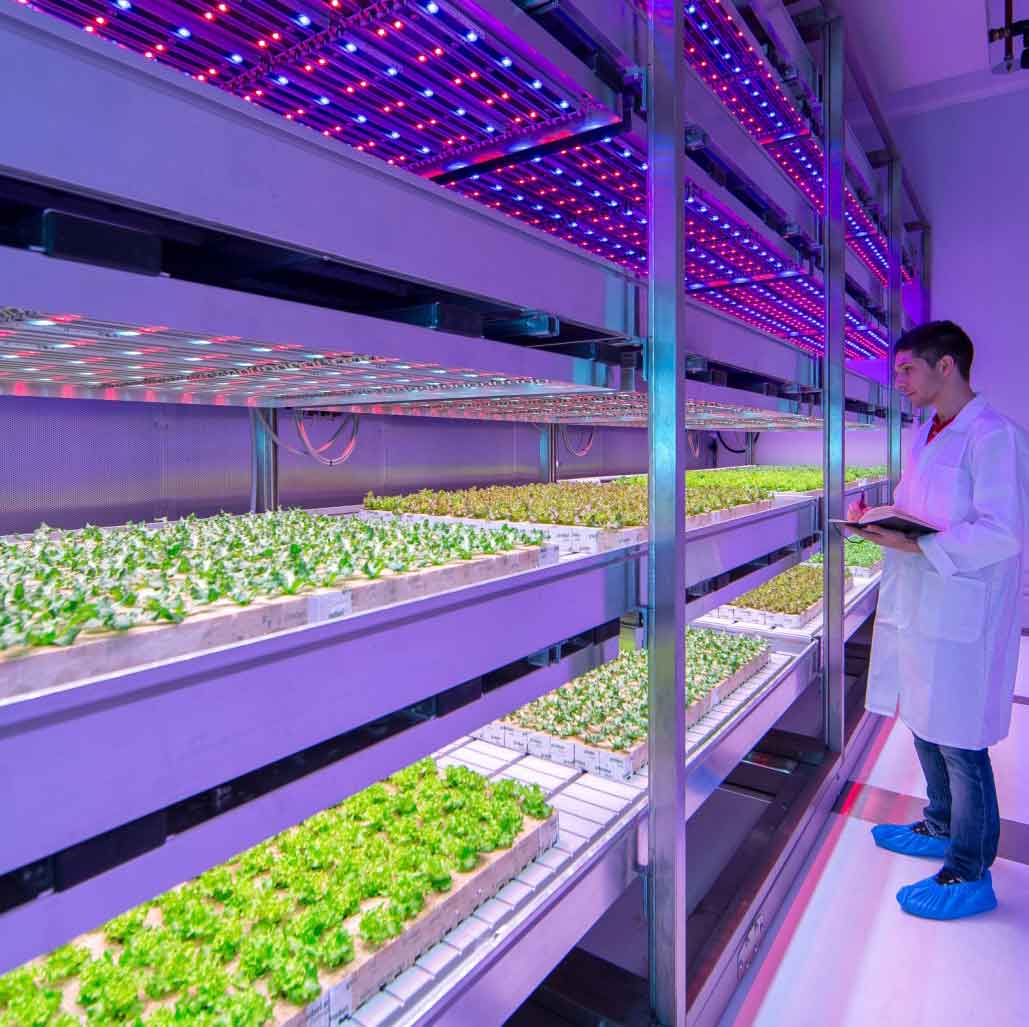
The Department of Biology will replace the lighting of their plant growth chambers with a more environmentally-friendly LED lighting system. By switching to LED from fluorescent the project will reduce electricity consumption, hazardous waste, and reduce maintenance costs.
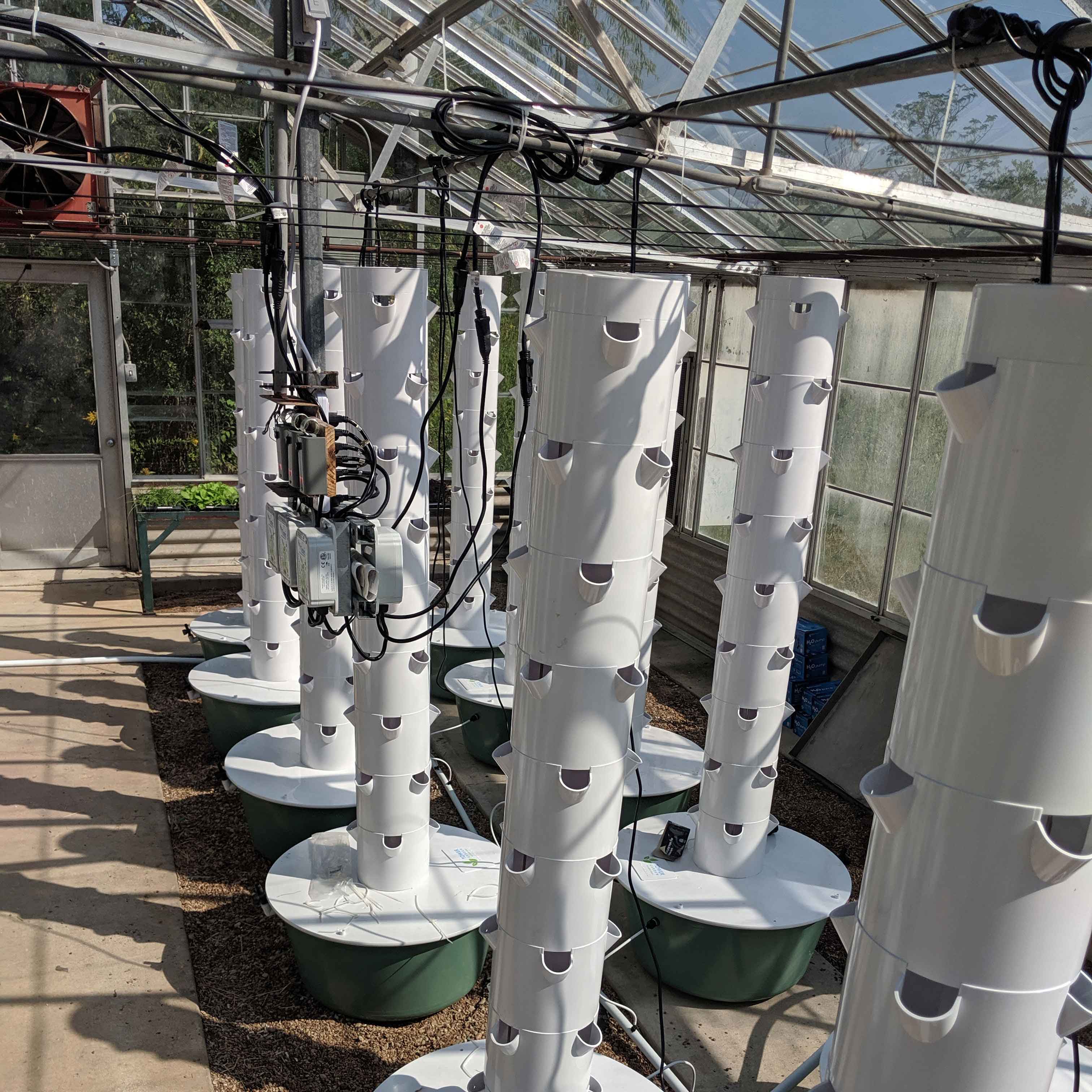
TAMU Urban Farm United (TUFU) is a local micro-farm project utilizing vertical farming techniques to distribute fresh food to the 12th Can. Vertical aeroponic systems reduce water consumption by 98% and reduce the need for pesticides. This project also raises awareness of food insecurity and environmental health.
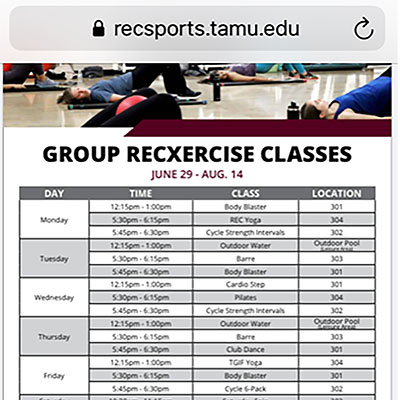
The Rec Center is going paperless and moving to electronic systems for most of its operations. This grant purchased iPads for Group Fitness Instructors to check-in students, faculty, and staff for their gym or sports classes and events instead of paper tickets.
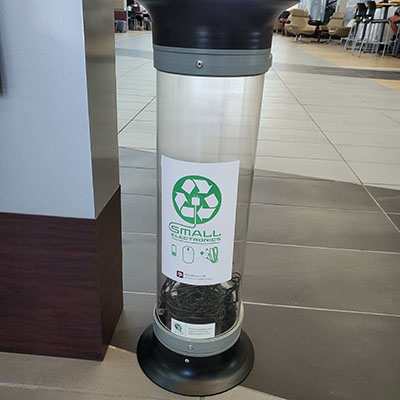
The growing on-campus student population has noted the need for consistent e-waste collection across campus. The Department of Residence Life installed three e-waste recycling containers to reduce e-waste being sent to the landfill, educate students on the benefits of recycling e-waste, and reduce the environmental concerns associated with the improper disposal of electronics.
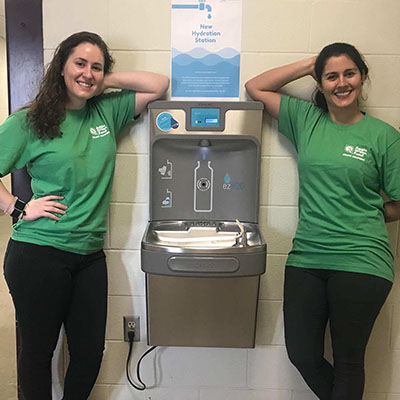
The Horticulture Graduate Council requested funds to install a water bottle filling station on the first floor of the Horticulture and Forest Science Building. The filling station was placed in a high traffic area and will aid in fostering sustainable practices for the students, faculty, and staff that regularly visit the building.
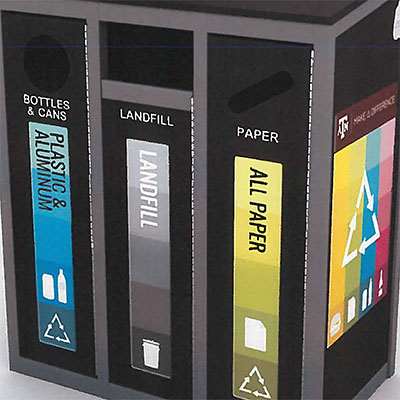
Provides four additional vertical tower gardens, four support cages, and one compost bin at the TUFU greenhouse. This will allow the organization to meet further demand by increasing production ability.
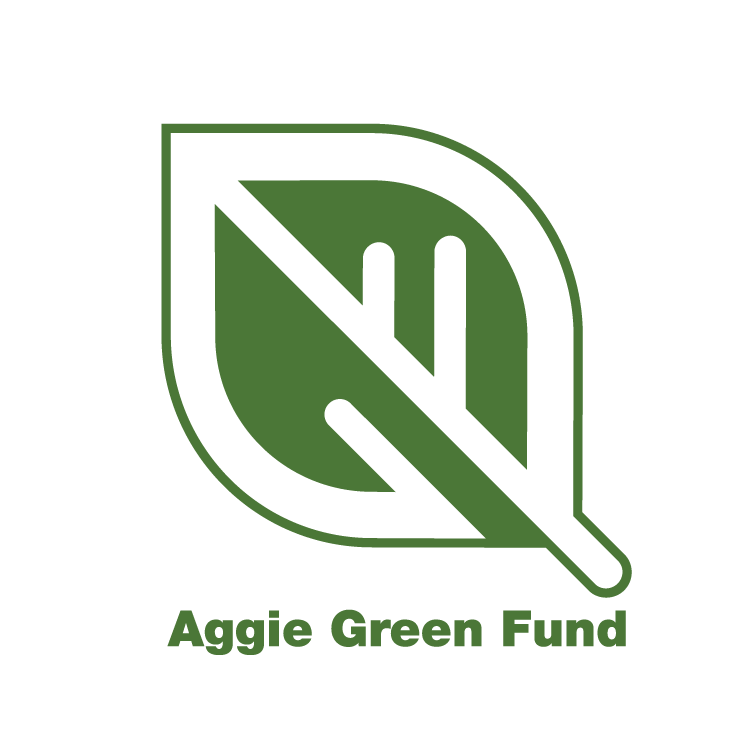
The purpose of this project is to increase student and staff recycling in the Davis-Gary dorm. This grant funded the purchase of recycling containers to be placed within the hallways of the dorm, as well as labels to designate which containers are for recycling.
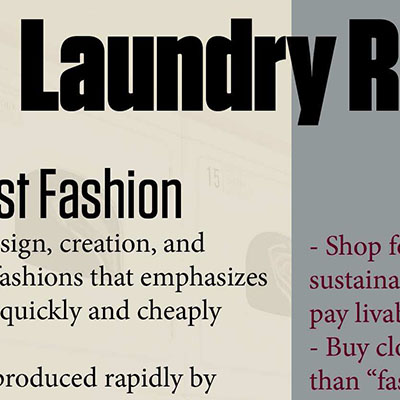
This project aims to educate students living on-campus on how their laundry habits impact the environment. Educational stickers were placed in every laundry room on-campus that will provide facts on water and electricity usage, fast fashion, and protecting students' clothing in the wash with the hopes of reducing the environmental impact from on-campus laundry facilities.
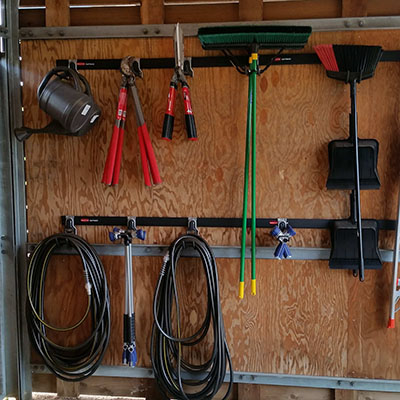
The Gardens is a volunteer program created to maintain the Leach Teaching Gardens in West Campus. This grant funded the purchase of gardening tools and a storage shed to increase volunteer participation from community members.
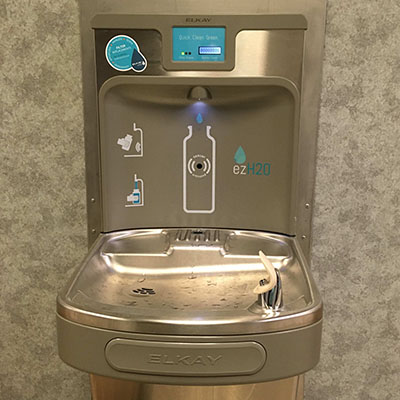
Close to 1600 students, faculty, and staff frequent the 3rd floor of Harrington Tower, however, there is not a water bottle filling station on this floor. This project installed a water bottle filling station to service Harrington Tower’s need to reduce the use of single-use plastics and its overall environmental impact.

The goal of this project is to decrease utility and energy consumption from residents at White Creek apartments. The project implemented stickers in every apartment to serve as a reminder to conserve water and electricity, as well as to offer various tips related to sustainability. This simple step can provide a large impact and generate interest in sustainability from the students living in White Creek.
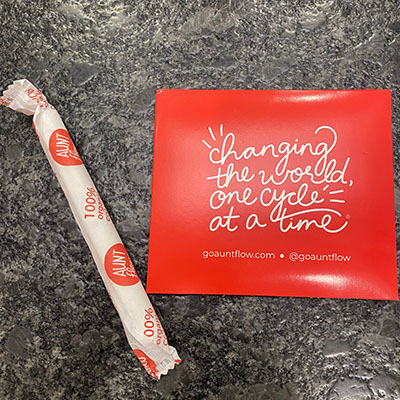
This is a six-month pilot program that will provide free pads and tampons in high-traffic public restrooms across campus. The pads and tampons used will have biodegradable packaging and emphasize the environmental impact traditional pads and tampons have on the environment. Additionally, this project will demonstrate a need to the university administration in hopes that the administration will continue to financially sustain this program long-term.